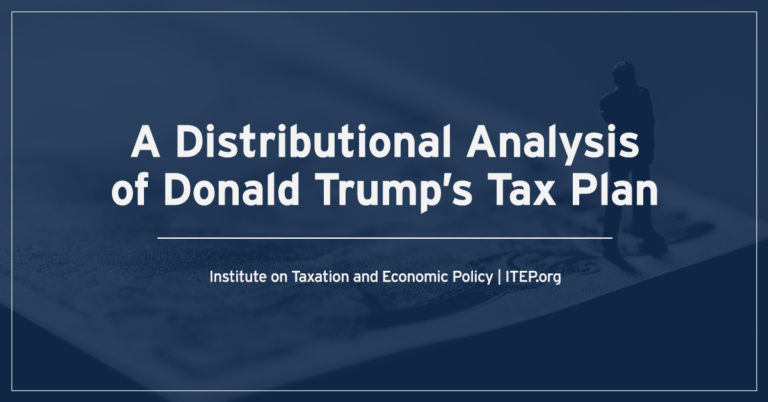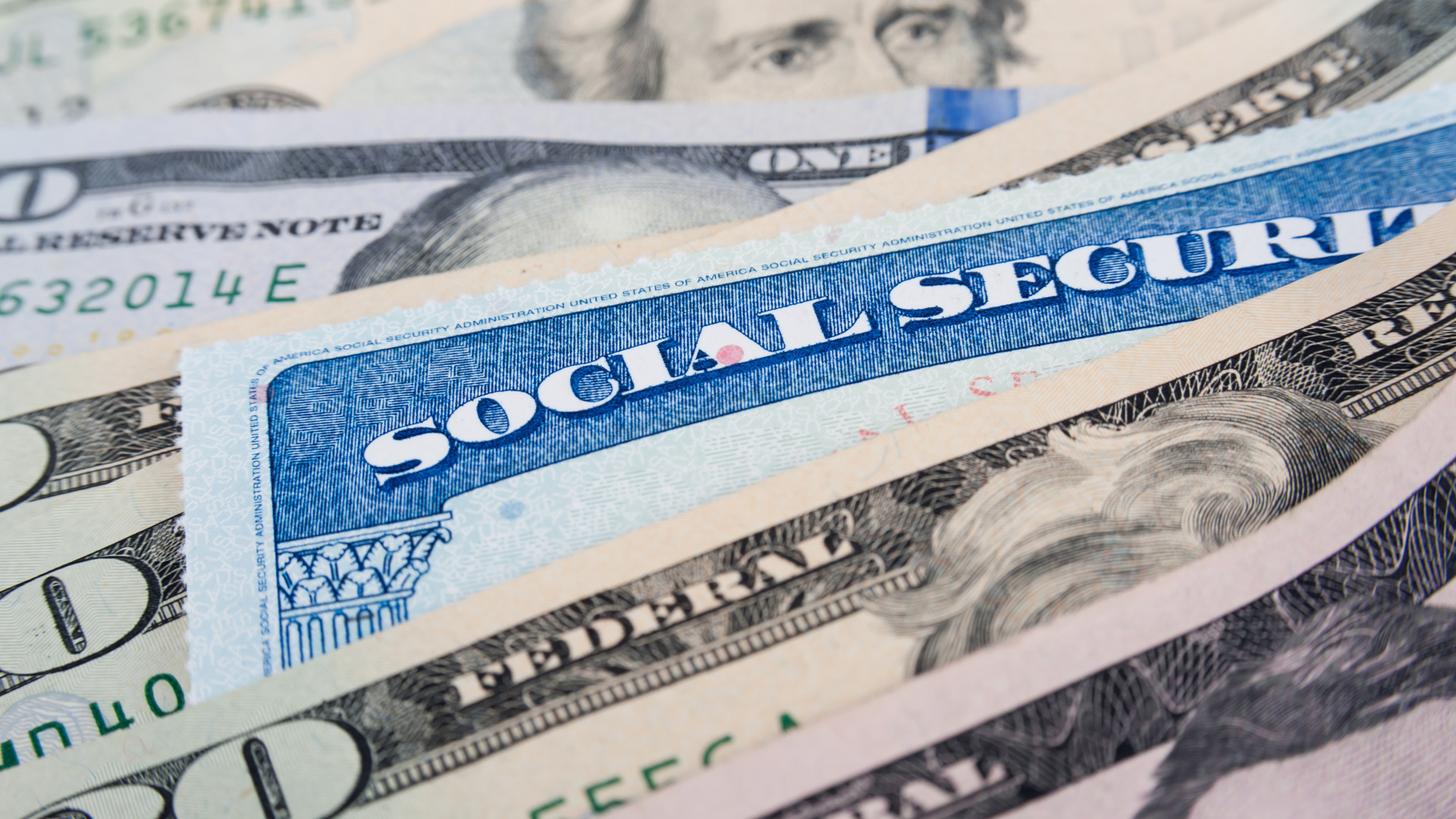Tariffs in the Early United States
Among the first acts signed into law by the first Congress was The Tariff Act of 1789.
[5] The Act had two purposes: (1) to promote trade, and (2
) to raise revenue for the federal government.
[6] Notably, Alexander Hamilton was a strong proponent of the legislation.
[7] Hamilton viewed the Act as playing key roles in protecting the burgeoning American manufacturing sector from foreign competition and in promoting industrial growth over the long term.
[8] This law was not without controversy,
[9] but it eventually grew to be an important source of revenue for the federal government. I
t is estimated that in some years during the 19th Century, the tariff provided as much as 95% of the revenue for the federal government.[10] (emphasis added)



